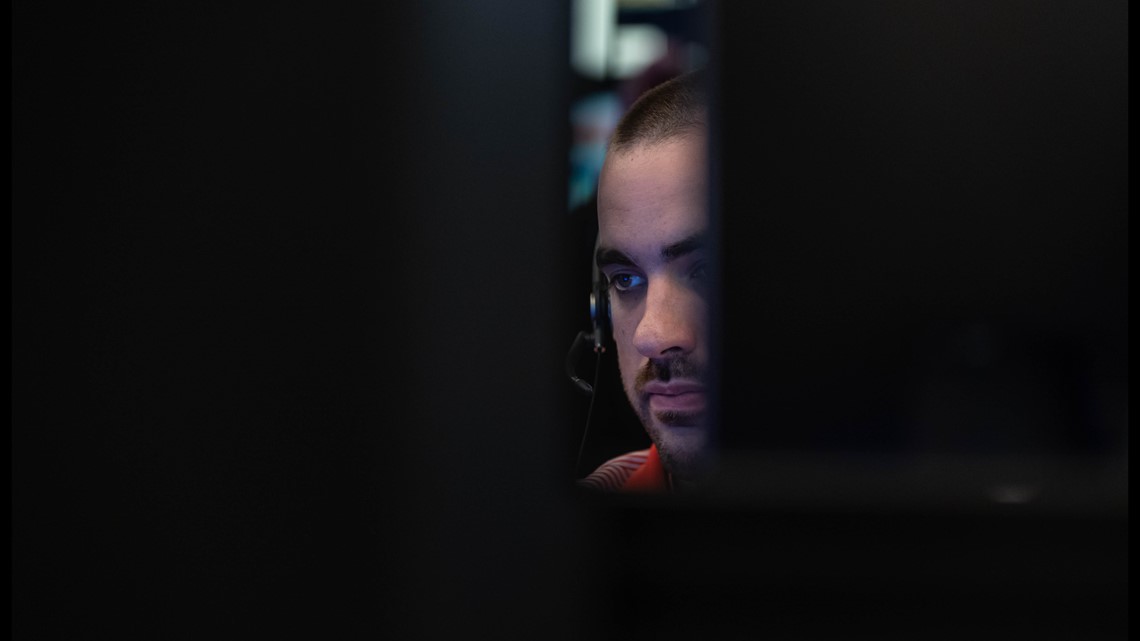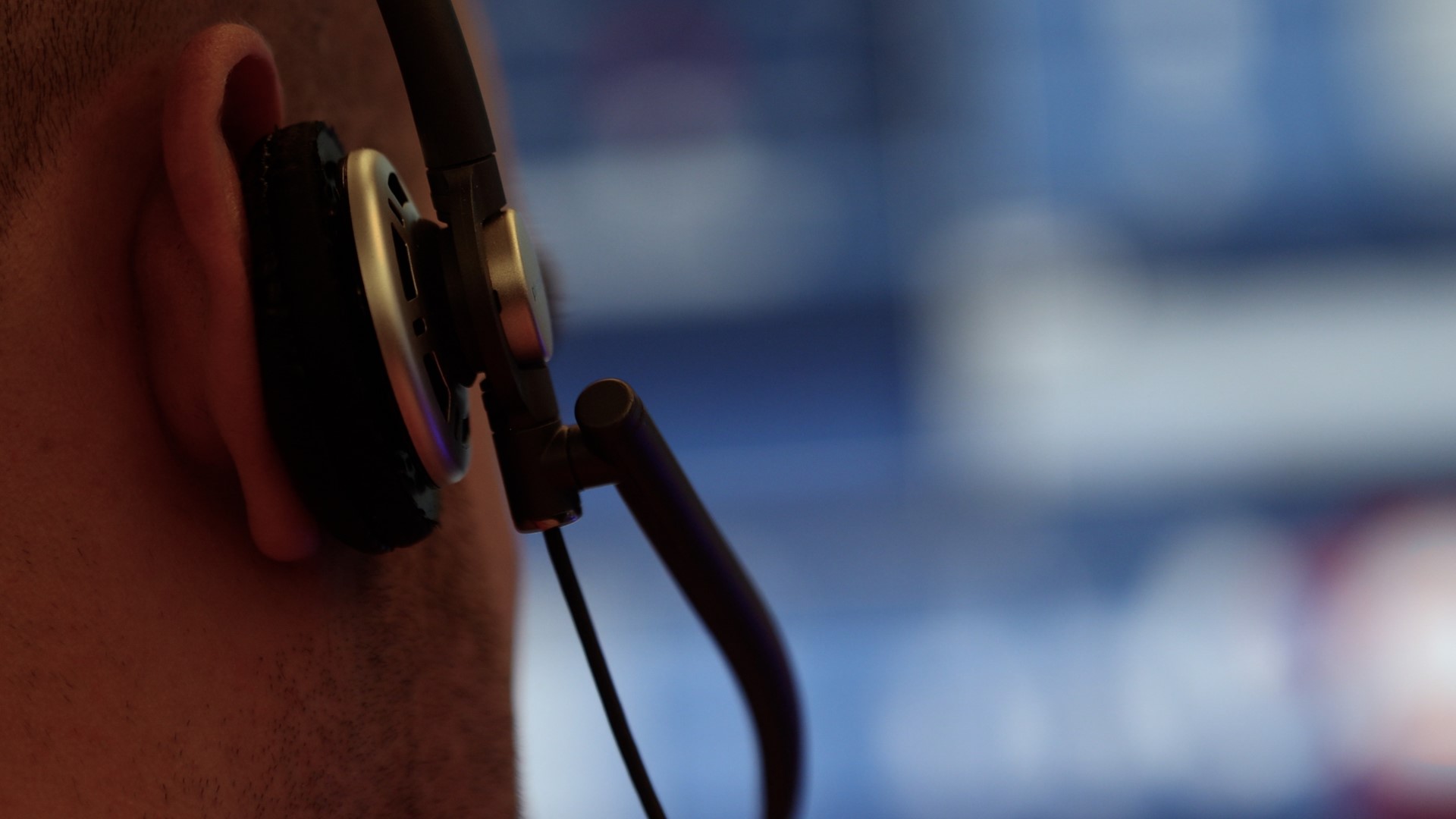PORTLAND, Oregon — The city of Portland's Bureau of Emergency Communications plans to use software powered by artificial intelligence to answer all non-emergency calls starting in the first two weeks of October.
BOEC finished it's last test of the "Case Service Reporting" program on Monday. It's provided by Versaterm, the same company that manages the city's computer-aided dispatch system.
The AI is currently deactivated as Versaterm reviews data from the final weeklong test, but city officials said they expect it to be turned back on in October.
"(The data) points to about 25% or so of our non-emergency calls that don't need to come to a call-taker at all," said Bob Cozzie, BOEC director. "We're able to send them to the 311 program or to another resource, or oftentimes text them a website so they can file a report online."
Cozzie admitted that using "AI" and "911" in the same sentence might cause some public hesitation, but stressed it will only be used on non-emergency calls.
"AI — and I use that term with caution because it scares some people — but really it's a phone tree that uses a computer that sounds human-like and speaks to the caller."
Anything to help dispatchers at BOEC, who are struggling to keep up with just how many people are calling 911 — leading to long wait times.


National Emergency Number Association standards say dispatchers should answer 95% of calls within 20 seconds. Portland hasn’t been close to that mark in years.
"Right now, (response times are) still not good. They're not where I want them to be," Cozzie said. "They're certainly not meeting the standard that our community deserves."
Cozzie’s latest director’s report shows 32% of 911 calls were answered within 20 seconds. Response times fell off as more people called 911 over the summer months. The average wait time in July was 70 seconds.
"The condition of our community has been tough lately and 911 is experiencing that," he said. "We've seen increases in calls due to gun violence, drug abuse and traffic accidents on the freeway."
Emergency call volume has increased year after year since 2019. Cozzie said he's encouraged that there are 40 dispatch trainees in the pipeline.
"I believe as long as we stay on this current path, we're going to be in an entirely different world, it's going to be a lot better," he said.
BOEC is funded to staff 136 dispatchers. Cozzie said he didn't know if filling all positions would be enough to handle recent increases in call volume; he needs to see the shifts in data.
So for now, city leaders have turned to tech.
They implemented a direct notification system with alarm companies, an automatic callback feature for people who hang up after calling 911, and now AI for the non-emergency line.
As dispatchers prioritize 911 calls before answering any non-emergency calls, KGW witnessed non-emergency wait times of more than an hour when it visited BOEC in early September.
Cozzie said the Case Service AI will help people report property crime, file complaints, and share other information.
"I hope that that we're really able to address the issue with slow response," he said.

